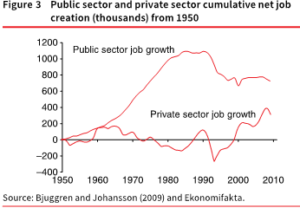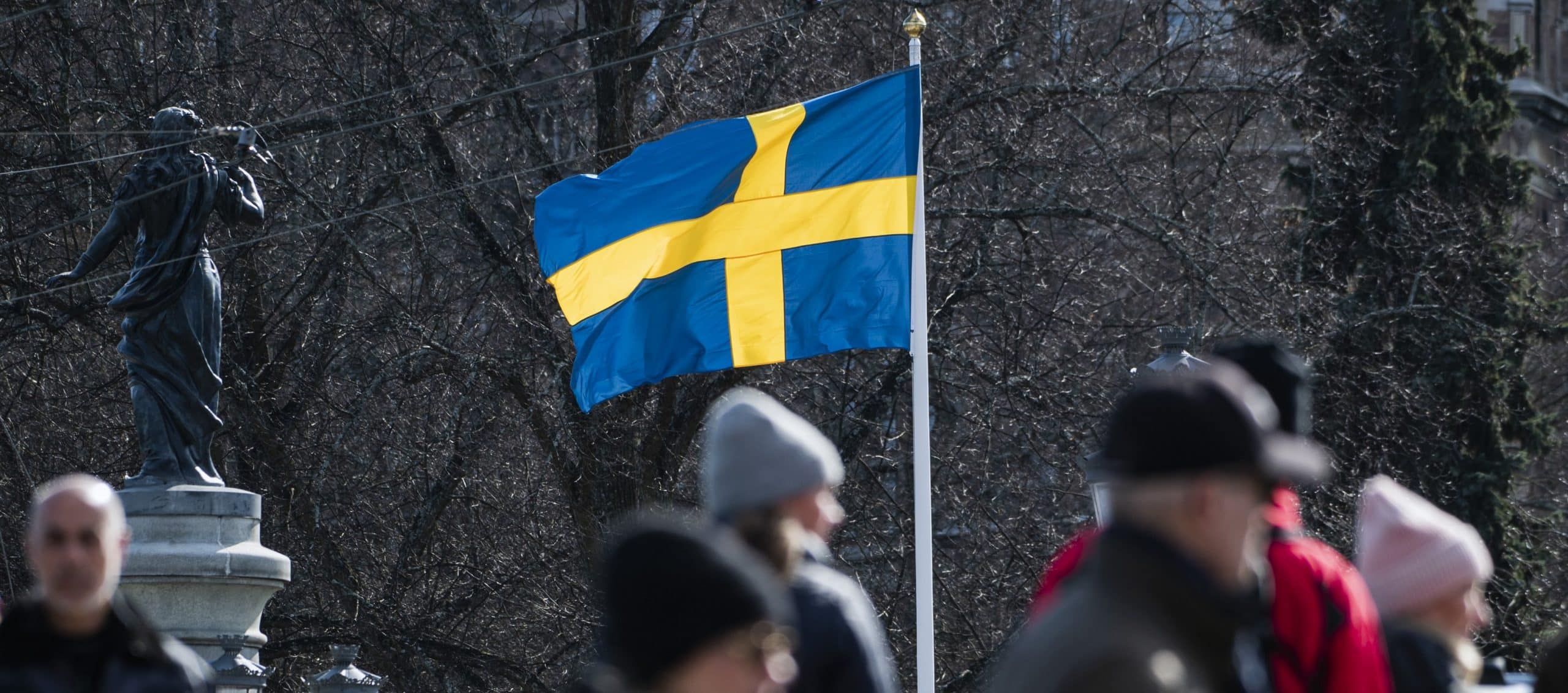Socialism has failed repeatedly. Wherever you look—Cuba, Venezuela, India, France—the system has caused economic turmoil, stagnation, and even violence and oppression. But fear not, we are told—that was socialism simply “not done properly.” True socialism, however, can be seen in the Nordic countries, such as Sweden, Denmark, Finland, Norway, and Iceland. Progressives’ fascination with so-called “Nordic socialism”—and their desire to replicate it in America—rests on two premises. First, that they are indeed socialistic. Second, that they owe their prosperity to socialistic aspects of their economies.
The claim that the Scandinavian/Nordic countries are socialist is patently absurd. Most of those countries had lower corporate tax rates than the United States (up until recently, when the 2017 tax bill was passed). Secondly, according to research conducted by the Heritage Foundation, most Nordic countries have as much economic freedom as the United States—some in fact have more, such as Iceland and Denmark. Nearly every Nordic country has greater property rights than the United States, higher levels of business freedom, monetary freedom, and even trade freedom.
There was arguably a time when some of these countries were socialist. For example, from the 1970s to the 1990s, Sweden’s economy was characterised by high regulations, limited business freedom, and onerous taxation. Between 1975 and 1990, although the Swedish population grew, net private sector job growth was zero. The public sector just continued to grow more and more. However, this was simply unsustainable, because, as the economist Henry Hazlitt explained, when you increase public sector capital, it is often offset by a reduction in private sector activity, due to higher rates of taxation. This all changed in the 1990s, when the labour market was deregulated, since then the private jobs’ market has boomed, as demonstrated by the graph below.
 Since that time, Sweden has introduced a plethora of free-market reforms—not just in economics, such as the abolition of their dreaded wealth tax in 2007 and the privatization of major industries—but also in areas such as education. Since 1992, every child in Sweden has enjoyed what is known as “school choice,” where they get to choose their own school, privately or publicly run, and government money follows them (not the other way around). Healthcare is also an area of the Scandinavian economy which is becoming increasing more private-sector based. In recent years, private health insurance has become increasingly more popular in the Nordic countries, due to the growing dissatisfaction with the inefficiencies associated with government-run healthcare: according to a 2009 survey, half of Danes believe that medical waiting-times are too long, and only a third disagreed.
Since that time, Sweden has introduced a plethora of free-market reforms—not just in economics, such as the abolition of their dreaded wealth tax in 2007 and the privatization of major industries—but also in areas such as education. Since 1992, every child in Sweden has enjoyed what is known as “school choice,” where they get to choose their own school, privately or publicly run, and government money follows them (not the other way around). Healthcare is also an area of the Scandinavian economy which is becoming increasing more private-sector based. In recent years, private health insurance has become increasingly more popular in the Nordic countries, due to the growing dissatisfaction with the inefficiencies associated with government-run healthcare: according to a 2009 survey, half of Danes believe that medical waiting-times are too long, and only a third disagreed.
Nevertheless, the Nordic Socialism supporters point out, the Scandinavian nations do have many socialistic elements to their economies, such as high levels of spending, high income taxes, and large welfare states. But can they owe their high living standards to these factors? The problem is, they had such long before these policies were implemented. Between 1870 and 1960, Sweden had the fastest per capita income growth in the world (when it was a truly liberal country, in the process of industrialization). Since the institution of bureaucratic policies, however, this growth rate has slowed, and Sweden now ranks thirteenth. This applies to many other metrics we use. In 1960, Norway had the highest life expectancy in the world—and all its Scandinavian neighbours were in such a category. Since that time, the Nordic countries’ rankings have actually declined. This is demonstrated in the graph below.

It is perfectly considerable that Scandinavians owe their prosperity to certain cultural values—namely, the Protestant work ethic. It may be one of the reason that the median income for Scandinavian Americans is nearly a fifth higher than the national average, and why their poverty rate is half the national rate. Low rates of single motherhood, and high employment rates for single mothers may also be a reason for Scandinavia’s low poverty rate (something which may be attributed to cultural norms and values), as single motherhood is a powerful predictor of poverty, both in the U.S. and many European countries.
Socialists may be obsessed with the idea of Nordic socialism. But it just simply isn’t the case that socialism is what has made Nordic countries great.







